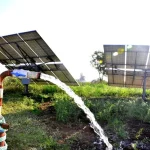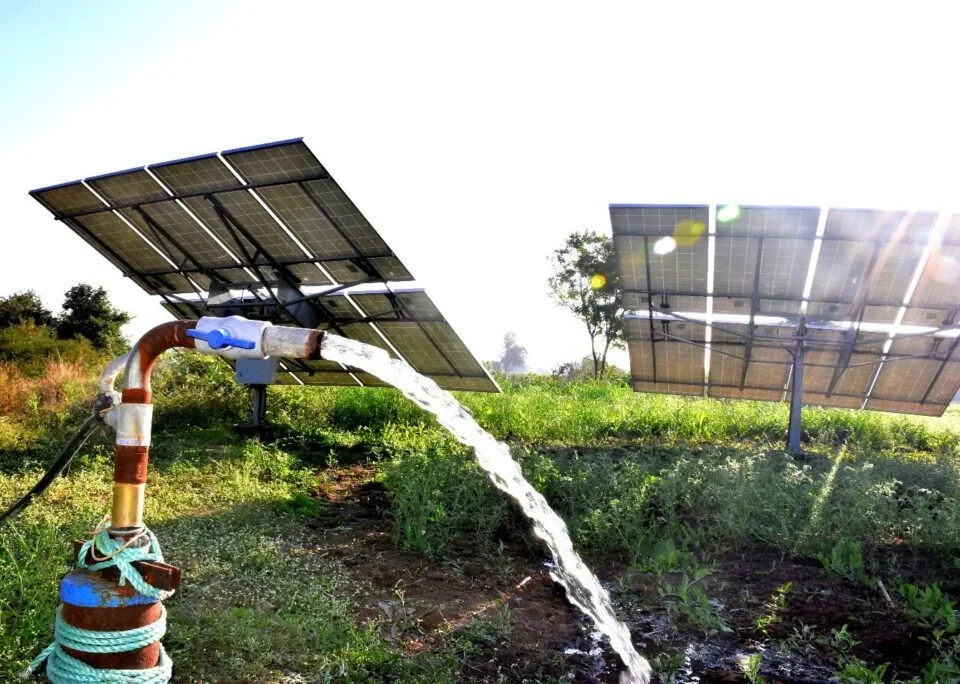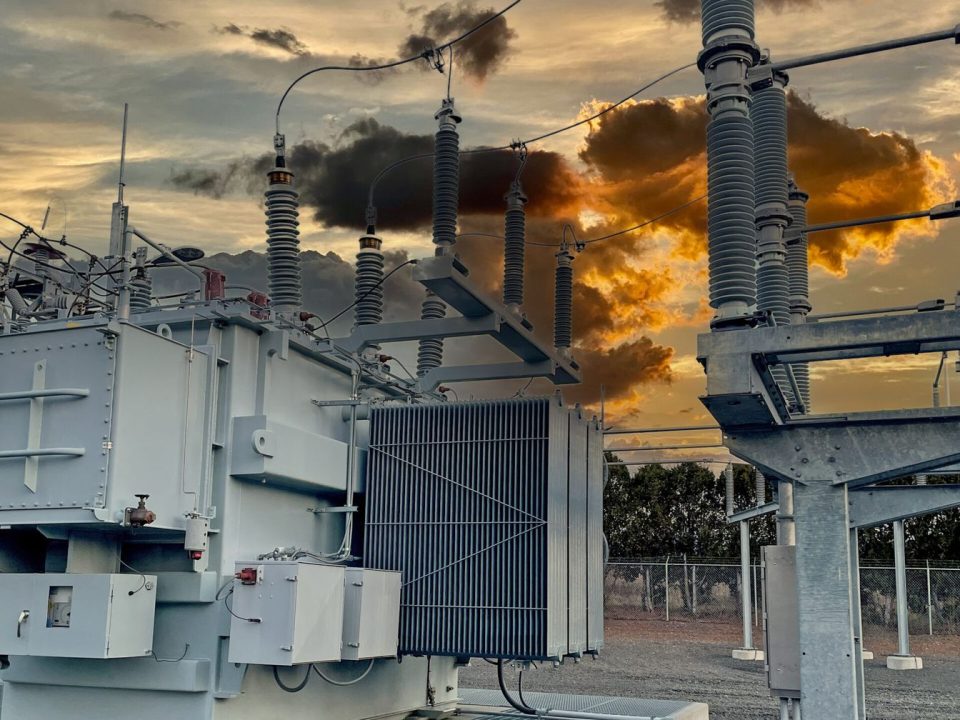The development of the renewable energy resources of Ghana has the potential of accelerating economic development with little or no impact on the environment. About 67-68 % of energy used in Ghana is from biomass whilst solar insolation is high all year round and provides an opportunity for the development of a solar energy industry. The potential of other renewable energy resources such as mini hydro and wind energy exist. The Energy Foundation has engaged itself in the commercialisation of these technologies through the promotion of investments in production facilities for renewable energy technologies not only for the Ghanaian market but also for the West African sub-region.
The Energy Foundation conducted pre-feasibility studies towards the establishment of a facility for the production of Solar PV modules and system components not only for the Ghanaian market but also for the West African sub-region. The Foundation has also been in the forefront of the advocacy for special returns through tariffs and legislative incentives for investments in renewable energy, particularly mini-hydro, wind and Solar PV systems.
The Energy Foundation sought for and received international assistance from the government of Germany in the development of mini-hydro in Ghana. The funding was utilized in the re-evaluation of the mini-hydro potential of Ghana.
The Foundation also worked on financing schemes for the installation of solar water heaters in homes, hospitals, restaurants and hotels. A framework for the integration of renewable energy into the energy mix of the country was also pursued.
The Foundation is seeking funding to developed a local Rope Wind Pump which can be applied to primarily provide a source for energy for pumping ground water for irrigation by vegetable farmers in urban and peri-urban areas to help abate the use of sewage water in vegetable production. This system can also be applied in many sectors of the economy by SMEs.






